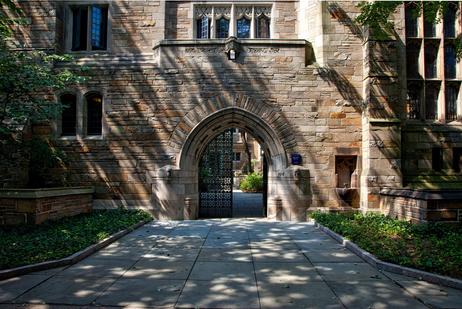President Obama announced an ambitious plan to graduate an additional 5 million community college students by 2020. To achieve this end, the President has raised awareness about the benefits of community colleges and issued grants and other funding to increase enrollment levels across the country. However, getting more students into college is only the first part of the battle.
Low Completion Rates a National Problem
Graduation rates for community colleges are currently dismal at best, with less than one-quarter who enroll in a college graduating from a degree or certificate program within three years, according to a report in the Houston Chronicle. That figure varies throughout the country, with some states seeing even lower graduation rates. For example, Texas faces a community college graduation rate of just 12 percent within three years, although that number goes up to 30 percent within six years. Still, if community colleges are to raise a workforce that can compete in the global economy, they must do much better than the status quo.
The worst numbers appear to come from low-income students, who enter community college to bring themselves to a higher earning level. However, most of these students never complete their degree or certificate program, which reduces their chances of a decent-paying job or transfer to a four-year institution. In a community college summit last fall, President Obama told the Christian Science Monitor, "In the coming years, jobs requiring at least an






















